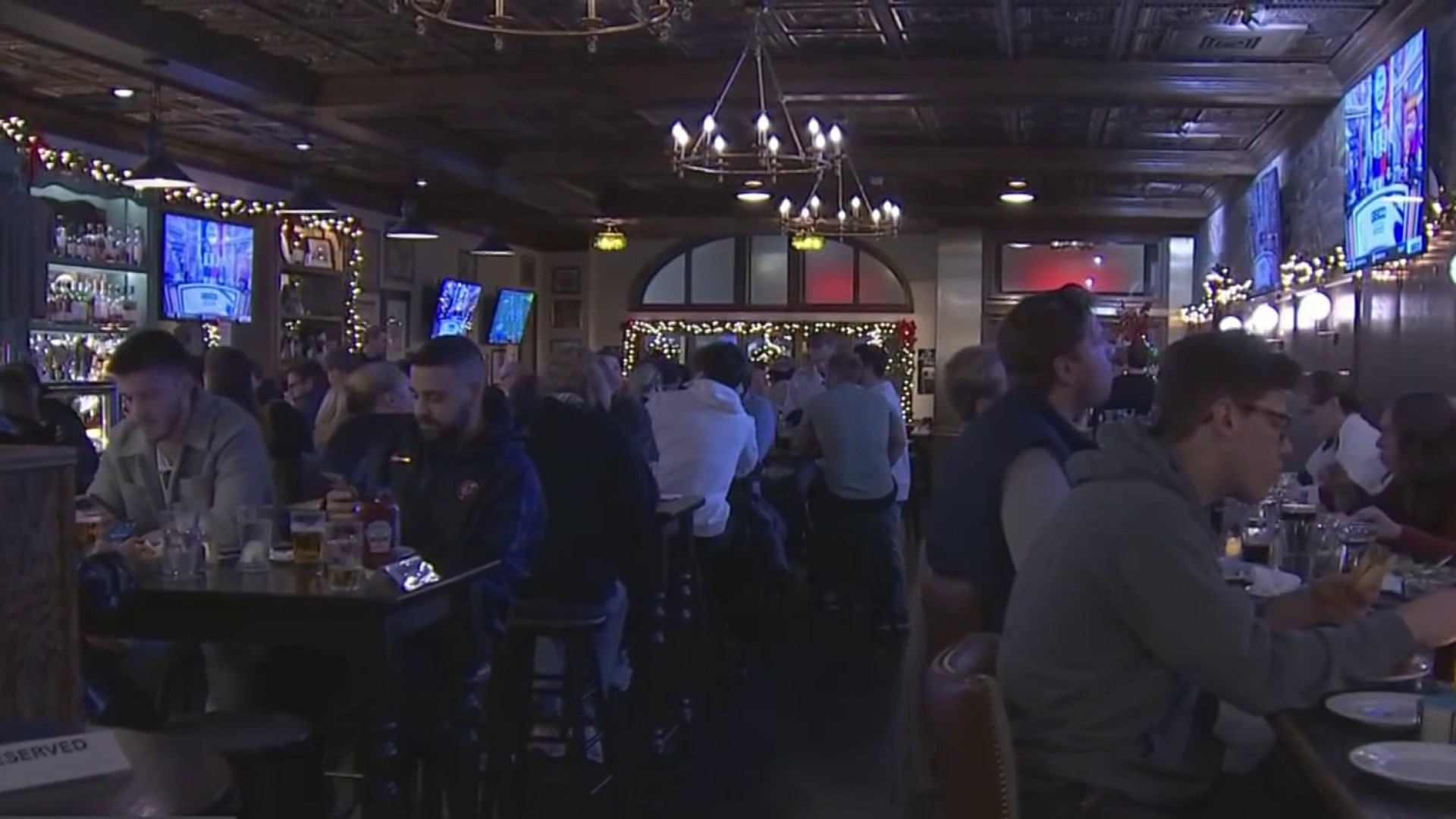The fight against ride sharing services Uber and Lyft seems to be far from over.
Friday, a coalition of eight Virginia-based taxicab and limousine services filed a civil action lawsuit against the two companies because they say Uber and Lyft lack the necessary legal permits required by the Commonwealth.
The permits are usually issued by localities with uniform requirements like driver background checks, proof of insurance and levels of community service (such as disabled access).
According to the complaint, Uber and Lyft "evade legal requirements enacted for the protection of passengers which competitors for the limousine and taxicab industries cannot escape."
Questions about the safety of Uber drivers came into question less than two weeks ago, when Ryan Simonetti claimed he and two colleagues were kidnapped by a D.C. driver and involved in a high-speed chase with police.
"We experienced an unfortunate and dangerous incident with an Uber driver and we are very grateful that we emerged from this experience safely, but quite shaken," Simonetti said in a statement.
More recently, Annapolis ordered Uber to stop operating in Maryland's capital until it registers as a cab service. The order came less than two weeks after more than 30 Maryland cab companies filed a lawsuit against Uber, claiming the company hinders their ability to do business.
Local
Washington, D.C., Maryland and Virginia local news, events and information
Uber spokesperson Taylor Bennett responded to the request, saying Uber is a technology platform, not a taxi company. She said Uber looks forward to "educating city officials'' and developing a solution.
To date, the Virginia Attorney General's office has taken no action to require Uber and Lyft to comply with the DMV order or state law despite serious concerns raised in both the legal and insurance communities about the safety of riders.
"We built our businesses playing by the rules and by adhering to state law and local ordinances. For these billion-dollar companies to openly defy those laws and then try to circumvent the legislative process is not only illegal, it is wrong," said Spencer Kimball, owner of Northern Virginia Checker cab and one of the complainants said.
For Kimball, the safety of riders is of paramount importance.
"This is first and foremost about public safety," he said. "None of us wants to go to court, but Uber’s and Lyft’s blatant disregard for the law and the ongoing lack of enforcement have left us no choice."



